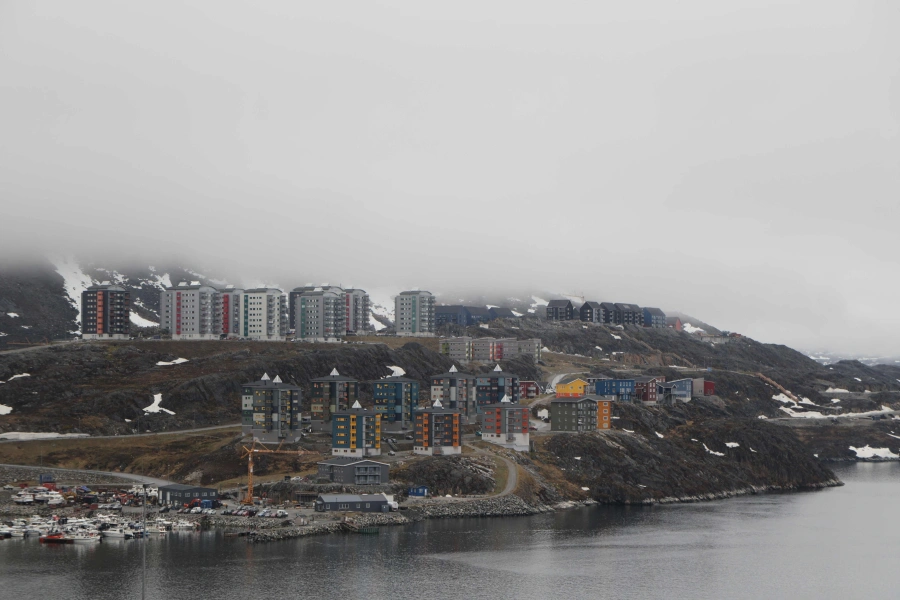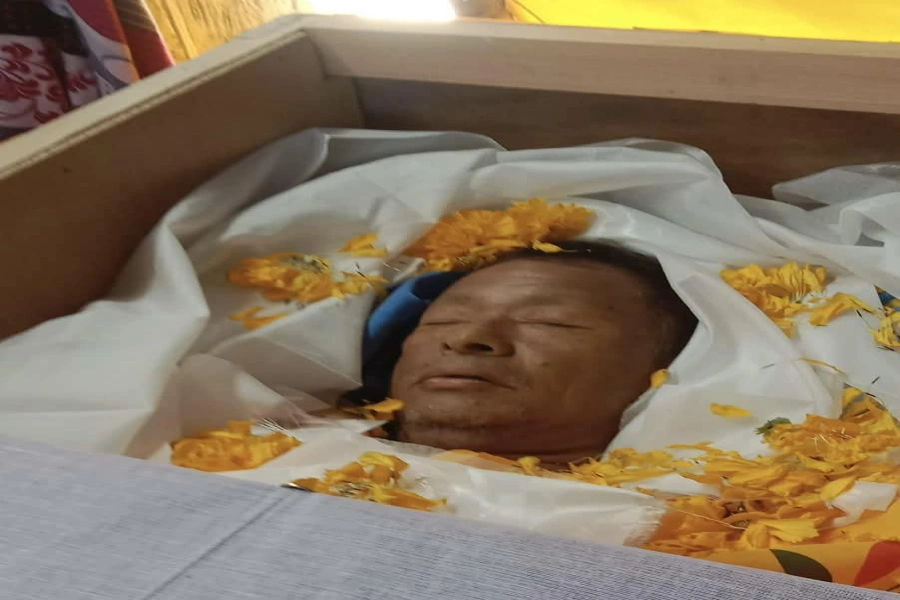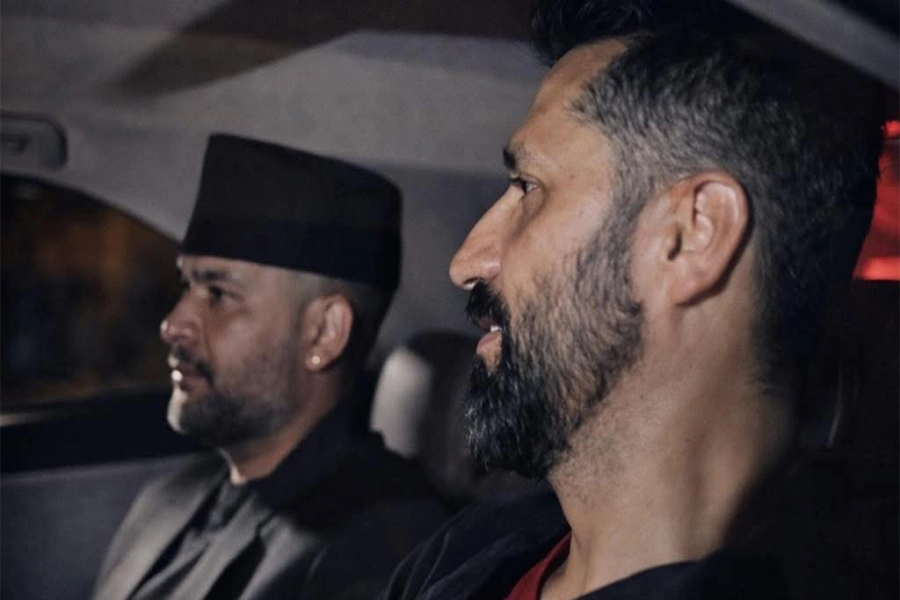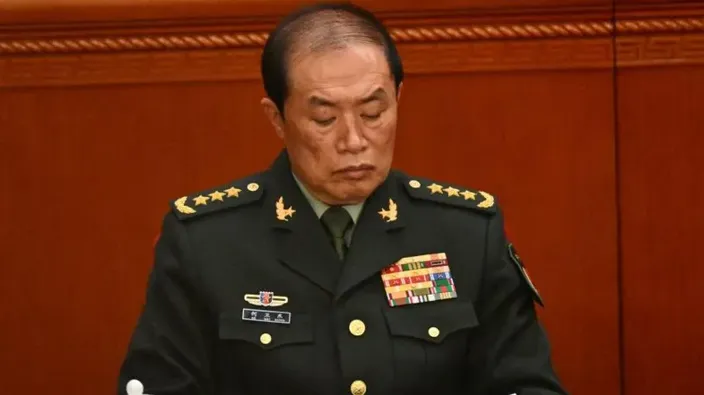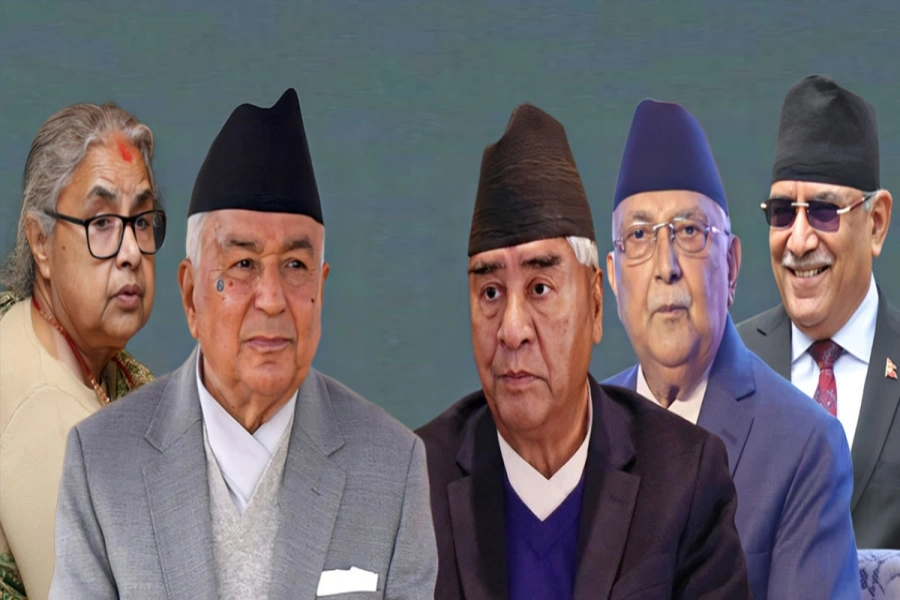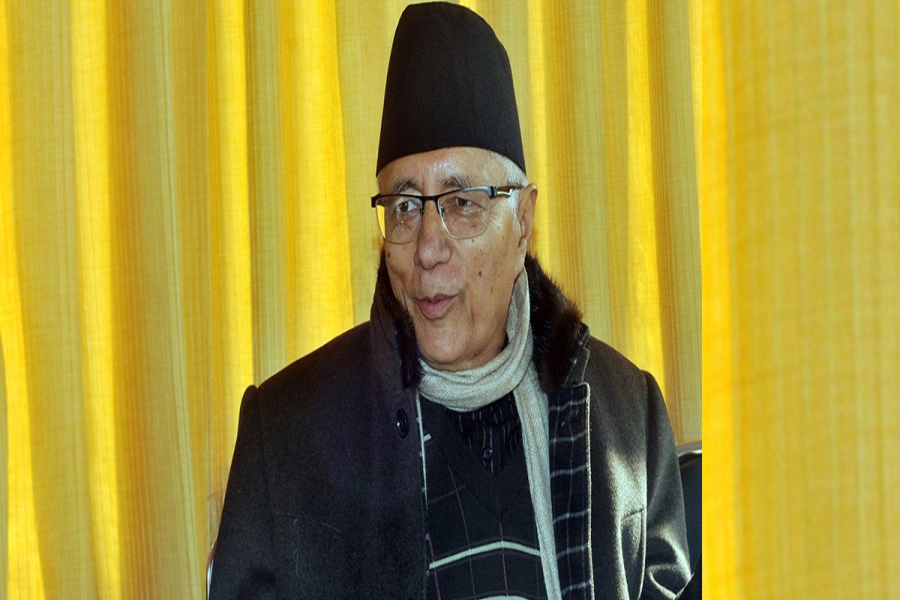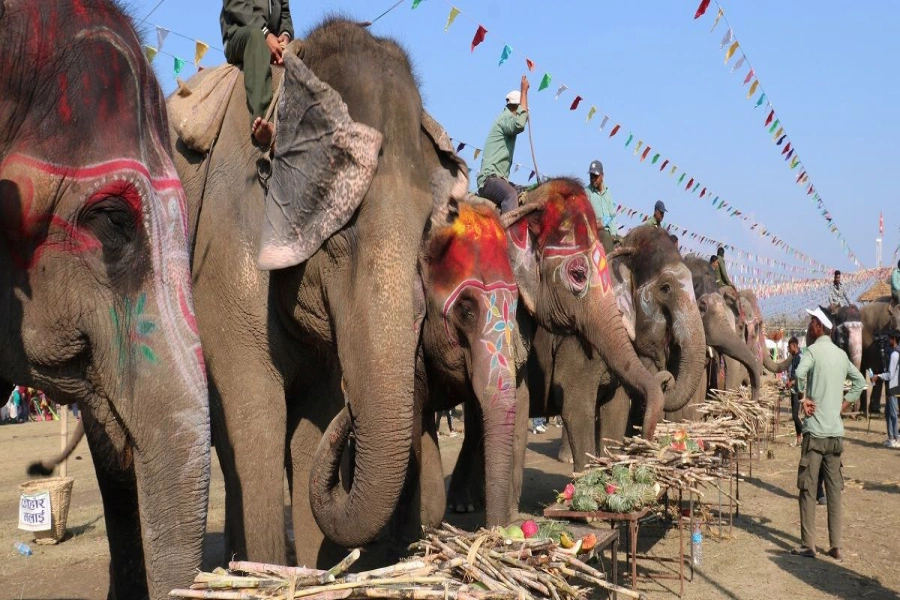It is getting late for Nepal to stop exchanging honorary title with army chief of India. What will Nepal do if China, too, seeks to exchange honorary titles between PLA chief and chief of Nepal Army?
Chief of the Indian Army Staff General Manoj Mukund Naravane is scheduled to visit Nepal from November 4. Welcome to the country of the majestic mountains and tolerant people. I write this article to remind the general of some of the crucial issues, which I hope the general will consider before discussing the matters with his Nepali counterpart and, possibly, other political leaders.
Nepal’s existing border with India was delimited after the Sugauli Treaty of 1816 between Nepal and British East India Company. This treaty made Nepal a buffer zone between China and India. In this sense, Nepal has saved huge monetary costs of high altitude military deployment for both countries.
However, when India lost the war with China in 1962, it gave a kind of trauma of defeat to the Indians and Indian Army, which marks a big loss of morale and motivation in security institutions. Annexation of Sikkim, physical occupation of Kalapani of Nepal and indirect military control over Bhutan are the offshoots of that defeat. Moreover, Indian establishment has been thinking since 1947 that India will not be safer without its security control over Nepal. The 1950’s treaty was designed to suit that dream. The government of India has not accepted the report of the Eminent Persons Group (EPG) because its recommendations hinder fulfillment of that dream.
India has a big China complex. India tends to think of development projects funded by China as a military threat. Now that Kathmandu is, at least, talking about rail and road ways with China under the Belt and Road Initiative (BRI), we can imagine how nervous New Delhi may be. India has historically been opposed to Nepal’s engagement with China. Think of the Indian opposition to the construction of Araniko Highway and the opposition to expanding Mahendra Highway beyond the Karnali River. Banepa–Bardiwas Highway was supposed to be four lanes but Indian military diplomacy sensed a threat in it and was able to narrow it down to two-lanes.
India is deliberately delaying or hindering the construction of Kathmandu-Tarai fast-track road and postal road.
Nepal-China military drill won’t affect Nepal-India military ti...

There are Pension Paying Offices (PPOs) or District Soldier’s Boards (DSBs), more than 30, in several parts of Nepal, which are irrelevant in the era of digital banking but India is not ready to remove them because these offices are used to collect information about China. This could pose a serious challenge to Nepal.
The 1950’s treaty has actually impaired Nepal’s security. Article 5 allows Nepal to import arms, ammunitions and warlike materials only “from” or “through” India. By exploiting this clause India imposed blockade on Nepal in 1989 after Nepal purchased Air Defense weapons from China. Likewise, Nepal was barred from importing arms during the Maoist insurgency citing the same clause. We may have to face a similar situation in the future too.
Thanks to the wisdom of some of the Nepali leaders, they did not allow it to happen but the mission of ‘One Madhesh-One Province’ was purely an Indian military strategy to firstly make Nepal’s Tarai a buffer to contain possible Chinese aggression and ultimately to disintegrate Tarai, thereby Nepal.
Apart from that America and India have used Tibetan refugees as their informer tools and physical strength in need against China. The BBC reported on October 16 that the Tibetan refugees are serving in ‘secretive’ Indian force and fighting against China. If this goes unchecked Nepali land could be used for Khampa Rebellion -2.
India has the track record of fuelling rebellions against Nepali state. It was visibly on the frontline to abolish Rana regime and Panchyat system. It was against all three kings—Mahendra, Birendra and Gyanendra.
During the Maoist insurgency, Maoists were provided training, weapons and money by India. Nepal Army and Nepal Police stood helpless to confront the Maoist soldiers because India had not allowed Nepal to purchase arms and weapons. All this was done with the consent and strategy of Indian Army. Why cannot Nepal raise these issues? Why must we always stick to the so-called ‘special relation’ formula while we have not been treated as a ‘special’ friend?
We often take pride over chief of Nepal Army and that of Indian Army being awarded the titles of honorary generals of each other’s country. If you look into the history, you will see how hollow that pride is.
British rulers used to provide the titles of ‘honorary colonel/general’ to Rana rulers purely for ensuring recruitment of Nepali youths into British Indian Army and controlling over Nepal’s external affairs. Later the two countries started to exchange title of ‘Honorary General.’ After 1947, Indian Government offered ‘Honorary General’ title to King Tribhuvan and King Mahaendra for the same purpose. King Mahendra, aware of this, refused to take this title after he implemented the Panchayat system. It was then that chief of Nepal Army started to exchange this ‘honor’ with his Indian counterpart. Thus there is nothing honorary about the honorary titles.
The burden of this honor is such that Nepali COASs, even after retirement, cannot voice the real concerns with India during the difficult times. It is getting late for Nepal to stop exchanging such titles because this is going to be taken extremely seriously by China, our next door neighbor in the north. What will Nepal do if China too offers to exchange honorary titles between PLA chief and chief of Nepal Army? In fact, China has shown such interest. Vivek Kumar Shah writes in Maile Dekheko Durbar that Chinese ambassador to Nepal on July 21, 2003 had actually told King Gyanendra during the audience with him: Why cannot, like India and Nepal, China and Nepal also exchange the titles of ‘honorary general’ between NA and PLA.
Naturally, military interests come first for every country. As a matter of fact, military interests guide the conduct of Indian governments. As such, I don’t want to blame India for what they are doing for securing their interests. On Nepali side, our leaders have failed to secure our interests. From King Tribhuwan to BP Koirala, Subarna Samsher Rana, Matrika Koirala, Ganesh Man Singh, Krishna Prasad Bhattarai, Girija Koirala, Surya Bahadur Thapa, KP Oli, Pushma Kamal Dahal, Madhav Nepal and Baburam Bhattarai and many others have sought India’s backing for their unethical politics. I am worried that our leaders have stopped taking national security of Nepal seriously.
General Naravane is the first serving COAS of India who dishonored Nepal by saying that Nepal’s territorial claim was guided by China. Had he not made such comments, Nepalis would welcome the COAS of a neighboring country with open heart. Conferring honorary title to General Naravane, at this moment, might be seen by the people as an insult to Nepali sovereignty.
Every bit of Indo-Nepal problem, including the territorial issue regarding Kalapani, Limpiyadhua, Lipulekh and Susta, which has been made disputed deliberately, is possible to be solved by Indian army’s goodwill and wishes. Nepal Army should not hesitate to review the previous and present situations. It helps to improve our bilateral relations with India and it serves India better than Nepal because Nepal is vital for Indian national security.
Thus as we welcome general Naravane, let’s start faithful bilateral episode. Indo-Nepal border issue is actually created by Indian Army and it can be resolved with the will of Indian Army.
My sincere wish is that as General Naravane is arriving in Kathmandu, Indian public and scholars would also pay heed to the issues presented in this article.




